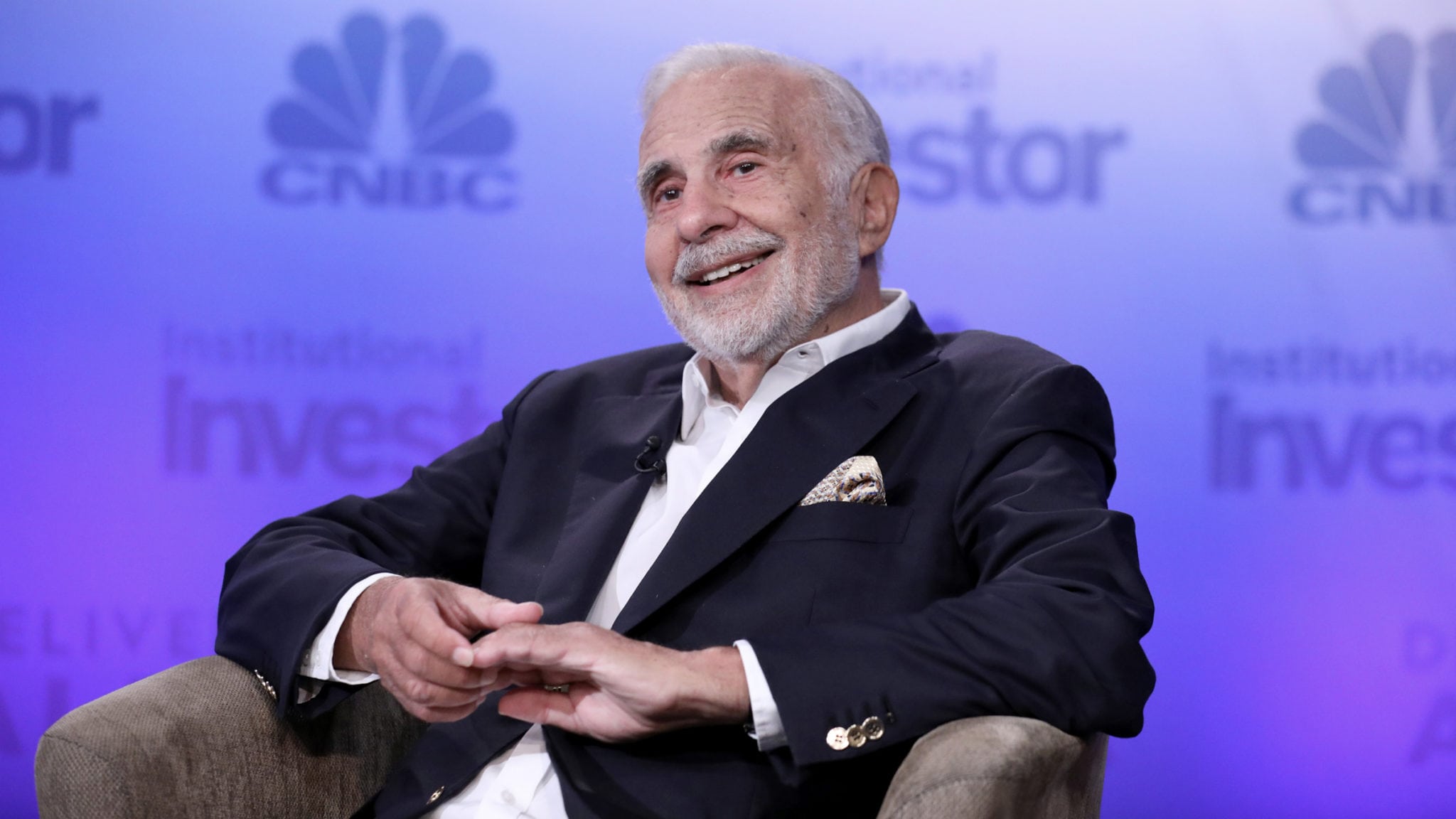
Notorious activist investor Carl Icahn buys small stake in Allergan
Activist investor Carl Icahn has taken a small stake in Allergan, joining a growing list of weighty shareholders who could influence the company’ …
Sign up to read this article for free.
Get free access to a limited number of articles, plus choose newsletters to get straight to your inbox.